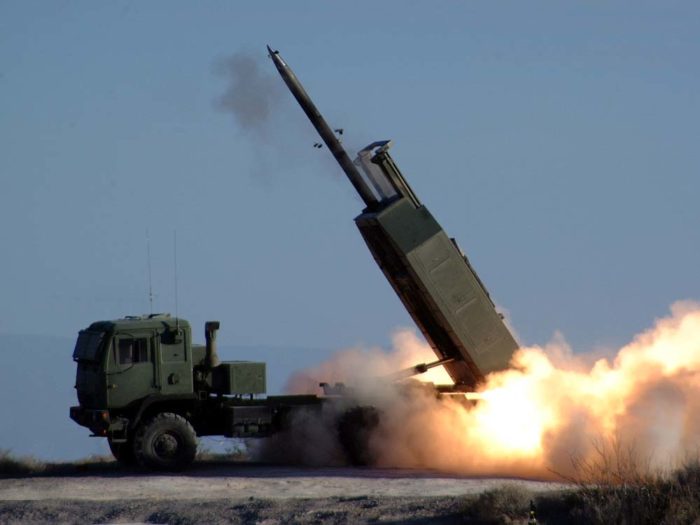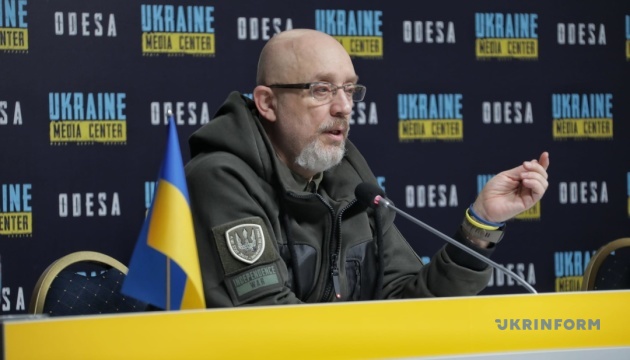Ukraine's Deputy Minister of Defense, Hanna Maliar, has urged Ukrainians not to discuss any upcoming Ukrainian offensive on TV, social media, or in public.
In her Facebook post, she emphasized that military plans and strategies should only be discussed by Ukraine's top three officials: the Supreme Commander-in-Chief (President), the Minister of Defense, and the Chief Commander.
"On live broadcasts, don't ask experts questions [in the vein of] 'how is the counter-offensive going?', don't write blogs or posts on this topic, and don't discuss military plans of our army publicly at all. We have one strategic plan - to liberate all our territories. And as for the details - that's simply a military secret," Maliar wrote, adding that the details "are disclosed by the three aforementioned officials only when there is a military task requiring it. Because information is also a weapon and we fight with it too."
Ukraine “very soon” to take advantage of Russian forces’ exhaustion near Bakhmut – Gen. Syrskyi
Hanna Maliar also highlighted the success of the Kharkiv Operation in September 2022, which ended in the liberation of almost all of Kharkiv oblast and parts of Donetsk and Luhansk oblasts. She emphasized that the silence surrounding that operation allowed the military to work effectively:
"The silence allowed the military to buy time and do their job," she wrote.
Ukraine not launching counteroffensive yet due to ammo, weapon shortage – President Zelenskyy
Throughout July 2022, many Ukrainian officials and experts publicly speculated about the upcoming Kherson counteroffensive, and then probe attacks really started in the area by early August. This prompted Russians to start redeploying elements of their forces from the Kharkiv direction to Kherson.
In late August, even President Zelenskyy joined the campaign in person and announced the beginning of a full-scale counteroffensive to liberate the Russian-occupied south, which contributed to the tactical surprise of the Kharkiv operation that started a week later.
The weakening of the Russian grouping of forces in the Kharkiv direction during August and early September enabled the Ukrainian surprise blitz-style counteroffensive in Kharkiv Oblast, which started on 6 September and lasted until October.
Calls for information blackout surrounded the entire Kharkiv blitz in September and the subsequent full-fledged Kherson offensive that started in early October and ended by mid-November.
Read also:
- Too early to claim Russian assault’s end: Bakhmut still epicenter of hostilities – Ukrainian military
- Ukraine not launching counteroffensive yet due to ammo, weapon shortage – President Zelenskyy
- Russia’s assault on Bakhmut stymied by attrition, it shifts to Avdiivka, Kreminna – UK intel
- Ukraine “very soon” to take advantage of Russian forces’ exhaustion near Bakhmut – Gen. Syrskyi
- What Ukraine needs to defeat Russia in 2023
- Russia likely tries to make gains in Donbas before losing initiative in Ukraine – ISW



